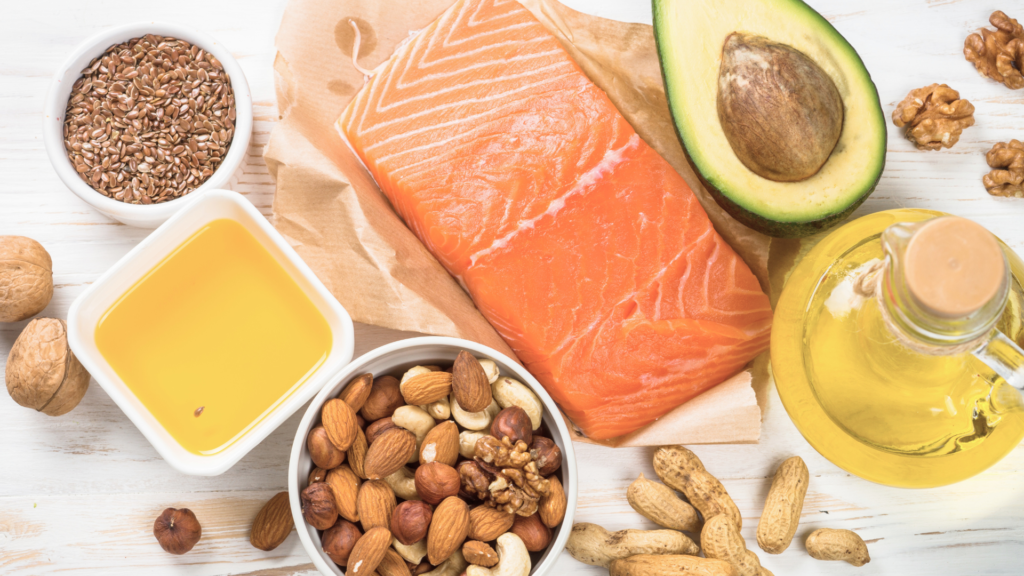In pursuit of a healthier lifestyle, we often seek out the latest fitness trends and dietary advice, but how often do we consider our brain’s dietary needs? Healthy brain function is vitally dependent on a variety of nutrients, yet this aspect of health seldom takes center stage. To pave the way for good mental health, cognitive function, and overall well-being, your kitchen pantry might just be your most underestimated ally.
The brain needs a steady influx of essential fats for nerve cell communication, proteins for neurotransmitter synthesis, micronutrients for essential metabolic pathways, and polyphenols for robust antioxidant protection. Do you want to nurture your brain? Here are science-endorsed superfoods to embrace and harmful foods to avoid.

The Superfoods For Brain Health
Make sure to stock up on these brain-boosting essentials!
- Eggs: Chock-full of B-vitamins and choline, eggs are great for brain cells.
- Fatty Fish: Salmon, trout and sardines are rich in omega-3 fatty acids, key for brain health.
- Flax Seeds: These seeds provide a solid plant-based source of alpha-linolenic acid, a brain-beneficial omega-3.
- Chia Seeds: Another excellent source of omega-3 fatty acids and fiber.
- Walnuts: These nuts not only look like mini brains but are also high in alpha-linolenic acid.
- Olives: Delicious and rich in monounsaturated fats which are associated with reduced inflammation and better brain function.
- Turmeric: Curcumin, the active ingredient in turmeric, has been linked to brain-derived neurotrophic factor (BDNF) and may help delay age-related mental decline.
- Green Tea: Known for a combination of caffeine and L-theanine, green tea can enhance brain function.
- Dark Chocolate: Packed with flavonoids, caffeine, and antioxidants, dark chocolate is a delight both for your mood and your neurons.
- Mushrooms: Certain varieties of mushrooms have been found to promote nerve growth in the brain and protect against age-related neurodegeneration.
Foods to Eliminate
Steer clear of these to protect your cognitive vitality:
- Trans fats (hydrogenated oils): These fats can lead to cellular membrane damage and inflammation.
- Alcohol: Overconsumption of alcohol may have negative impacts on brain health and neuroplasticity.
- Sugary Drinks: High sugar content can contribute to imbalance in insulin regulation, potentially affecting the brain.
- Refined Carbohydrates: They may rapidly spike blood glucose, result in inflammation, and hinder brain function.
- Aspartame: Some evidence suggests this artificial sweetener may cause an imbalance in neurotransmitter signaling.
The brain might just be your body’s most critical determinant of health, influencing everything from energy to sleep, stress, hormones, and gut health. It’s not solely about feeling mentally sharp or fending off age-related cognitive decline; it’s about honoring and supporting your body’s command center that makes every other function possible.
Irrespective of whether you’re experiencing issues with brain health, taking steps to nourish your brain is a testament to your commitment to overall well-being. Save this list, adjust your grocery shopping, and enjoy the benefits of a happy, well-fed brain!







